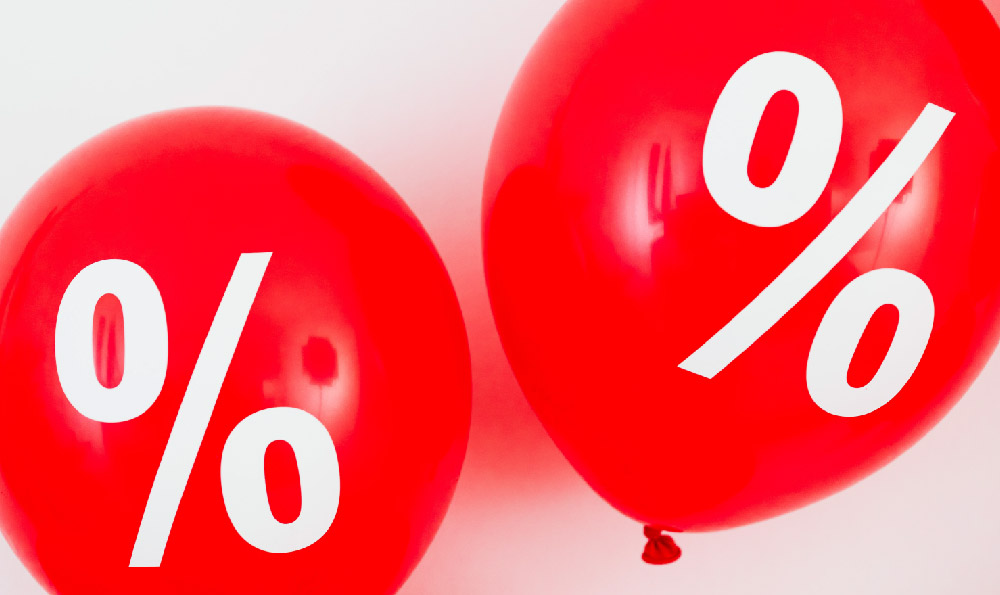Okay, I understand. Here's an article based on the title "How Do Bodybuilders Earn a Living? What Are Their Income Streams?" aiming for detail and comprehensive coverage, avoiding excessive bullet points and numbered lists, and formatted in English:
Bodybuilding, at the elite level, often appears glamorous, showcasing sculpted physiques and dedication. However, transforming passion into a profitable career requires more than just lifting weights and adhering to strict diets. The income streams of bodybuilders are multifaceted, demanding entrepreneurial acumen alongside physical prowess. While a lucky few may achieve celebrity status with lucrative endorsement deals, the majority rely on a combination of strategies to sustain their lifestyle.
One of the most common, and arguably most directly related to their craft, is prize money from competitions. The top tiers of professional bodybuilding, like the IFBB Pro League and events such as the Mr. Olympia, offer substantial cash prizes. Winning or placing highly in these prestigious contests can provide a significant boost to a bodybuilder's income, but relying solely on this is risky. The competition is fierce, the standards are incredibly high, and consistency is key. Furthermore, the expenses associated with preparing for a competition – including specialized nutrition, coaching, travel, and posing routines – are considerable, often exceeding the prize money for lower placements. Therefore, prize money is best considered as a valuable supplement to other income sources.

The power of personal branding is crucial for any bodybuilder seeking financial stability. A strong online presence, built through social media platforms like Instagram, YouTube, and TikTok, allows bodybuilders to connect with a wider audience and monetize their expertise. Sponsorships from supplement companies, fitness apparel brands, and equipment manufacturers are highly sought after. These deals can range from free products and discounts to significant financial compensation in exchange for promoting the brand through social media posts, appearances at events, and product endorsements. The value of a sponsorship depends heavily on the bodybuilder's reach, engagement rate, and perceived influence within the fitness community. Cultivating an authentic and engaging online persona is essential for attracting and retaining sponsorship opportunities.
Beyond simply promoting other companies’ products, many bodybuilders create and sell their own. This can take many forms, from personalized training programs and diet plans to branded merchandise such as clothing, accessories, and workout equipment. Creating a digital product, such as an e-book or online course on training methodologies, nutrition strategies, or contest preparation, allows bodybuilders to leverage their knowledge and experience to reach a wider audience and generate passive income. Selling these products online requires marketing skills, customer service, and a commitment to delivering high-quality content. However, the potential for profit can be significant, especially for bodybuilders with a strong personal brand and a dedicated following.
Another significant income stream for many bodybuilders is personal training. Their expertise in exercise science, nutrition, and physique development makes them highly sought-after coaches for individuals seeking to improve their fitness, lose weight, build muscle, or even compete in bodybuilding or physique competitions themselves. Personal training can be conducted in gyms, private studios, or even online, offering flexibility in terms of location and scheduling. The income potential from personal training depends on factors such as the bodybuilder's experience, certifications, location, and client base. Building a reputation for delivering results and providing excellent customer service is essential for attracting and retaining clients. Some bodybuilders also choose to open their own gyms or fitness studios, allowing them to further expand their personal training business and create a more comprehensive fitness experience for their clients.
Appearance fees are another potential source of income, particularly for well-known bodybuilders. They may be invited to appear at fitness expos, seminars, workshops, and other events to meet fans, sign autographs, and share their knowledge and experiences. These appearances can generate income through appearance fees, travel expenses, and opportunities to promote their own products and services. The fee a bodybuilder can command for an appearance depends on their popularity, reputation, and the size and prestige of the event.
Furthermore, some bodybuilders leverage their knowledge to become writers or contributors to fitness magazines, websites, and blogs. Creating content allows them to share their expertise, reach a wider audience, and generate income through freelance writing fees or revenue sharing agreements. Writing articles, creating workout plans, and developing nutrition guides are all ways bodybuilders can contribute to the fitness media landscape.
The life of a professional bodybuilder is often portrayed through images of ripped physiques and competitive success. But, behind the scenes, it is a carefully constructed business relying on diverse revenue streams. Successfully navigating this world demands a combination of physical dedication, business acumen, marketing skills, and a relentless drive to succeed. The journey requires a sustainable balance of intense training, smart business decisions and a commitment to continuous learning and adaptation in a constantly evolving landscape.











